![]()
![]()
![]()
Use LEFT and RIGHT arrow keys to navigate between flashcards;
Use UP and DOWN arrow keys to flip the card;
H to show hint;
A reads text to speech;
16 Cards in this Set
- Front
- Back
|
Voltaire's humorous novel about a character who travels across the world looking for the perfect society
|

Candide
My idea of a perfect society is one full of "Candide" apples! |
|
|
Hapsburg emperor who continued reforms in Austria and was called "peasant emperor" because he traveled in disguise among his subjects
|
Joseph II
|
|
|
German composer who wrote music for organ and choir
|
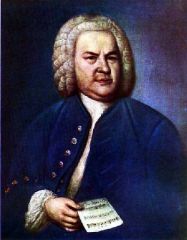
Johann Sebastian Bach
Johann wrote music "Bach" in the day! |
|
|
German composer who wrote the Messiah
|

George Frederick Handel
He "steered" the Messiah into being a famous work; people couldn't "Handel" how good it was! |
|
|
Composer who changed European music, died in poverty at 35
|
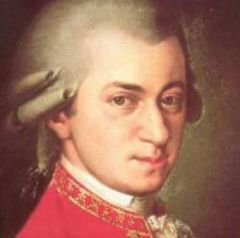
Wolfgang Amadeus Mozart
Mozart wrote the "most art"! |
|
|
English novelist who wrote Robinson Crusoe
|
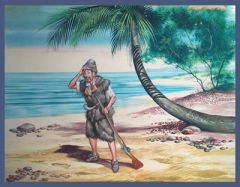
Daniel Defoe
In Robinson Crusoe, "De-foe" was "de" desert island! |
|
|
Restricting access to ideas and information
|
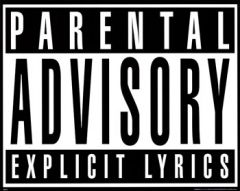
Censorship
|
|
|
Informal gatherings where artists exchanged ideas
|
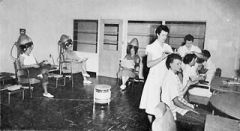
Salons
Salons = where all the gossip is exchanged |
|
|
Absolute monarch who used power to make social changes
|
Enlightened despot
|
|
|
Grand artistic style from the 1600s and 1700s
|
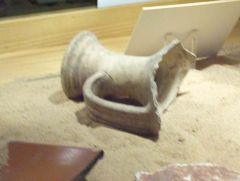
Baroque
If it ain't Baroque, don't fix it! |
|
|
A style of art that was personal and charming
|
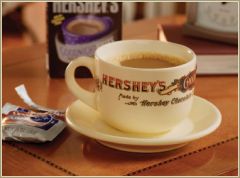
Rococo
Ro-"cocoa" is simple and charming! |
|
|
Explain how censorship and salons affected the spread of new ideas.
|
Censorship caused writers to disguise their ideas in works of fiction. Salons brought thinkers together, and allowed them to discuss and come up with ideas together.
|
|
|
What were the goals of enlightened despots?
|
To use their absolute power for the social good by creating reforms.
|
|
|
How did the Enlightenment affect arts and literature, and the lives of the majority?
|
The Enlightenment brought about ordered, structured forms in music and prose. For the lives of the majority, nothing changed. Peasants' rights and culture changed very slowly.
|
|
|
What did Frederick II mean when he said, "In my kingdom, everyone can go to heaven in his own fashion?" How did his actions reflect that idea?
|
He meant that he respected and tolerated many different religious beliefs. He showed this by allowing refugees from religious persecution into Prussia.
|
|
|
How did the Enlightenment bring together ideas of both the Renaissance and the Reformation?
|
The Enlightenment brought together the developments of reason and method of the Renaissance and the practice of making enormous social changes from the Reformation.
|

